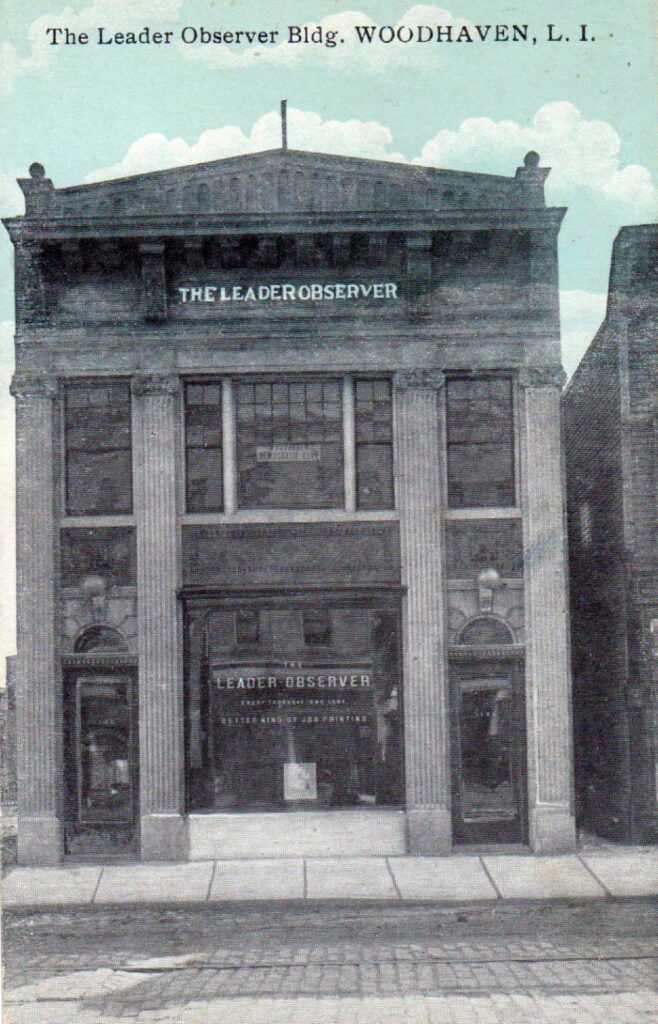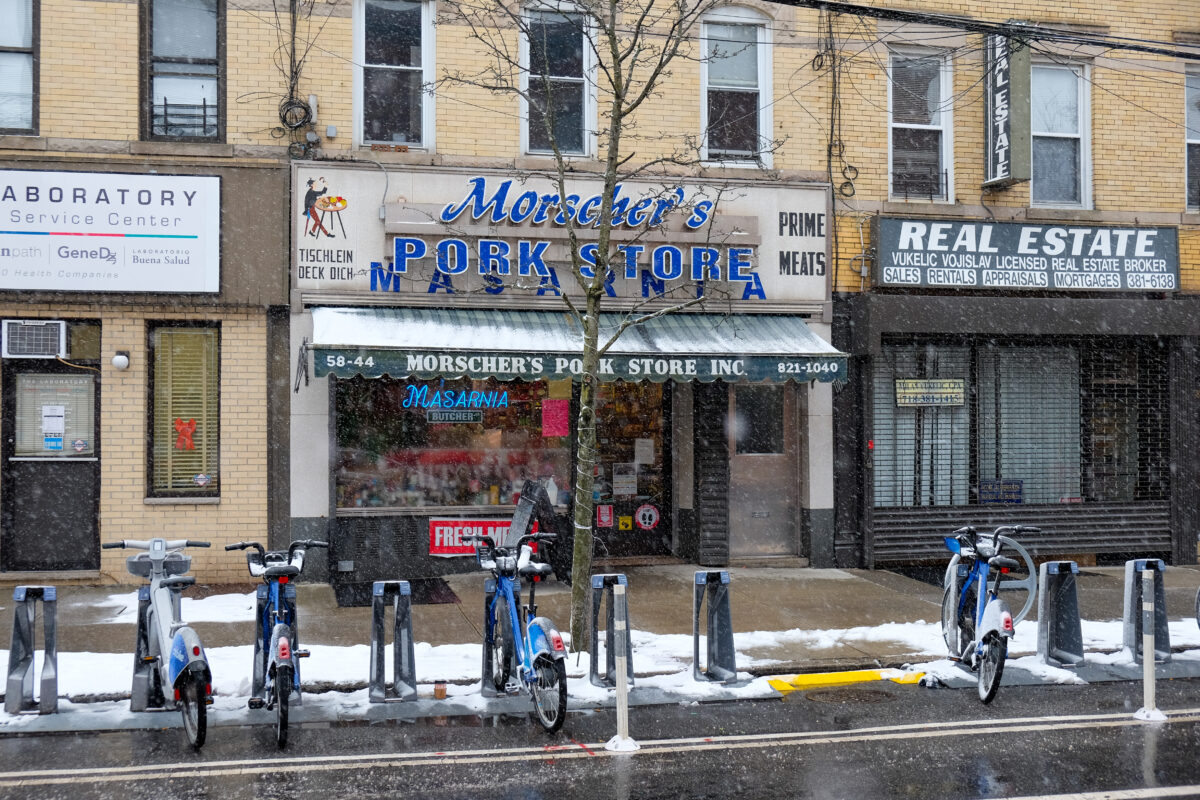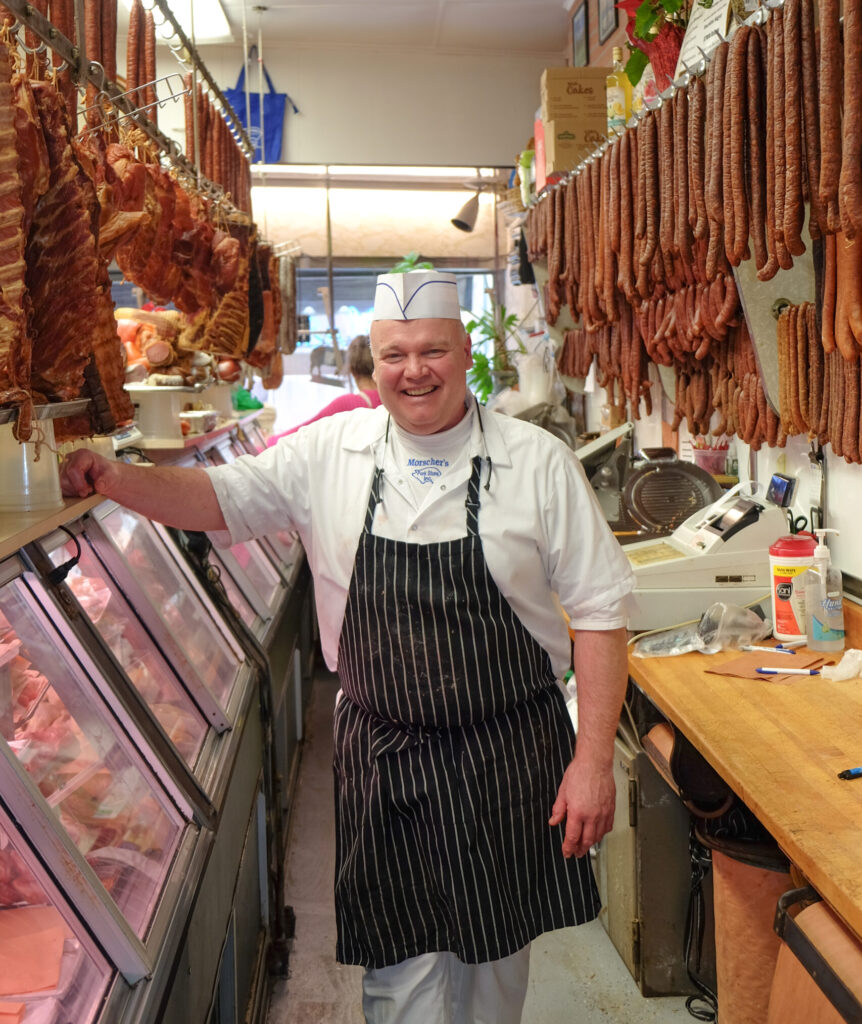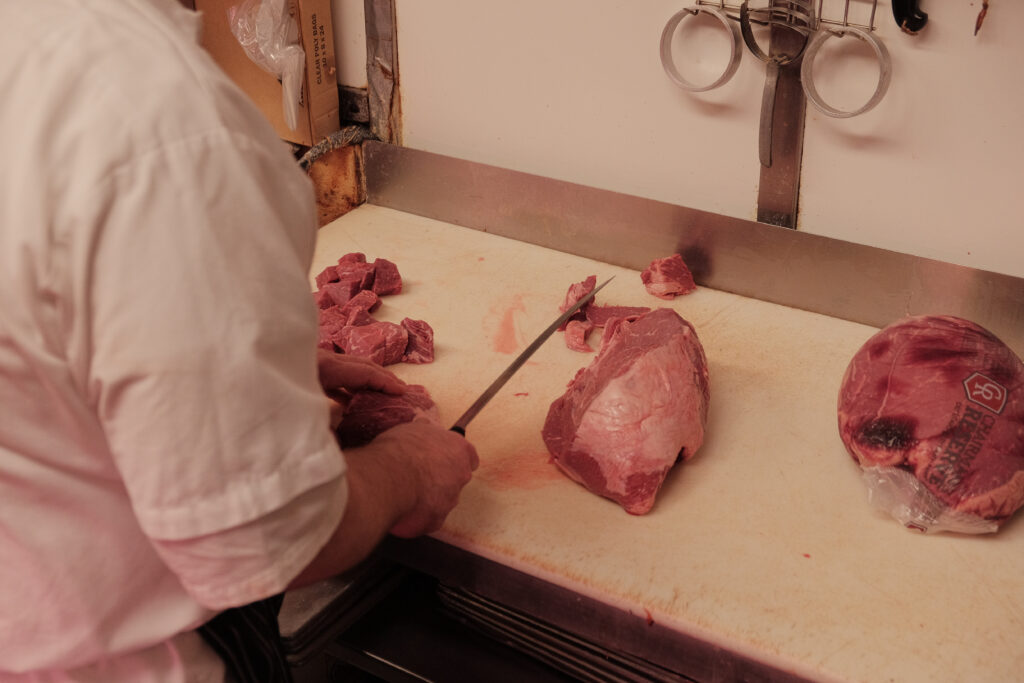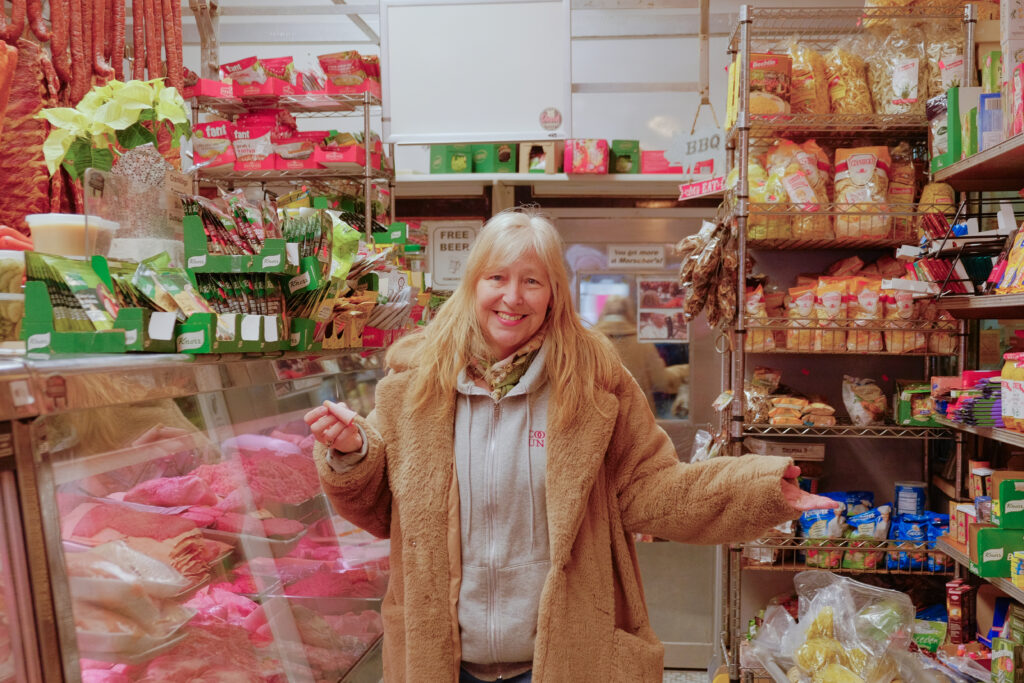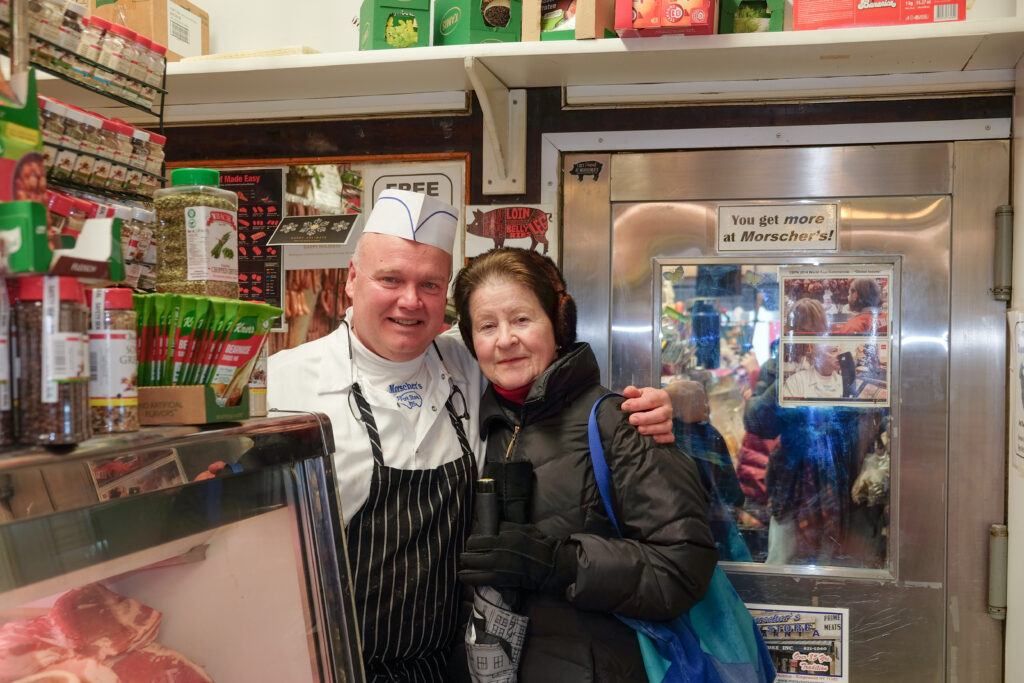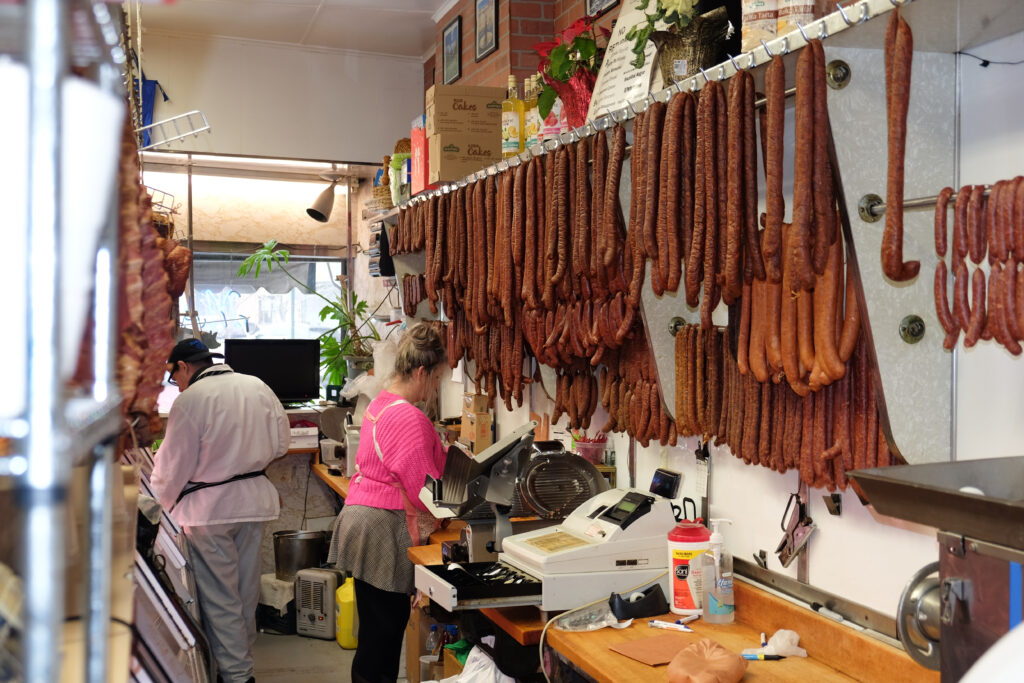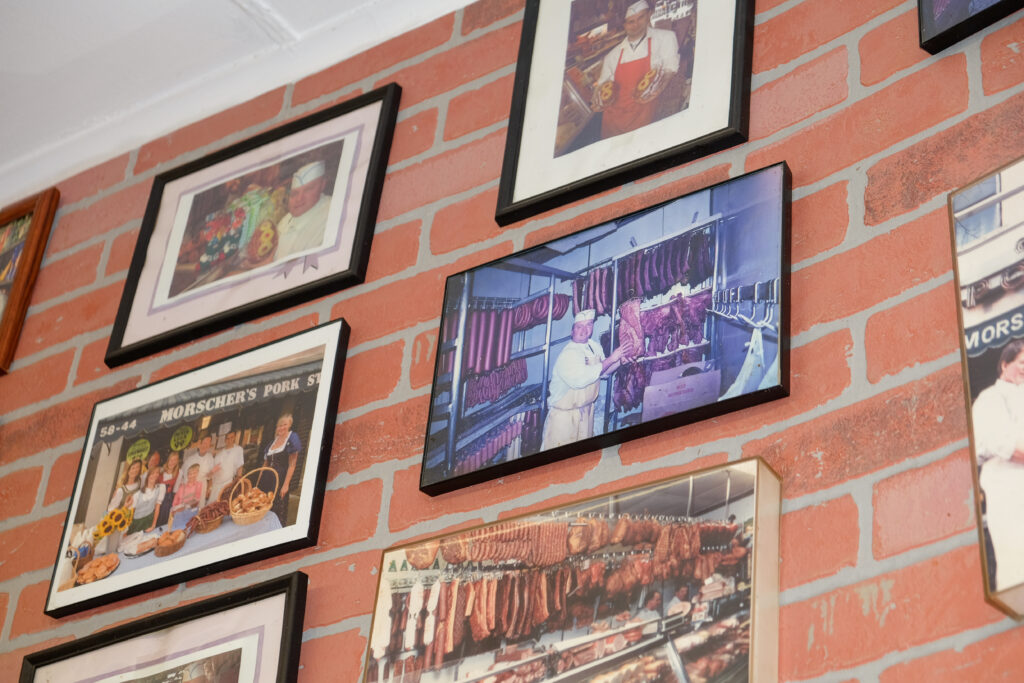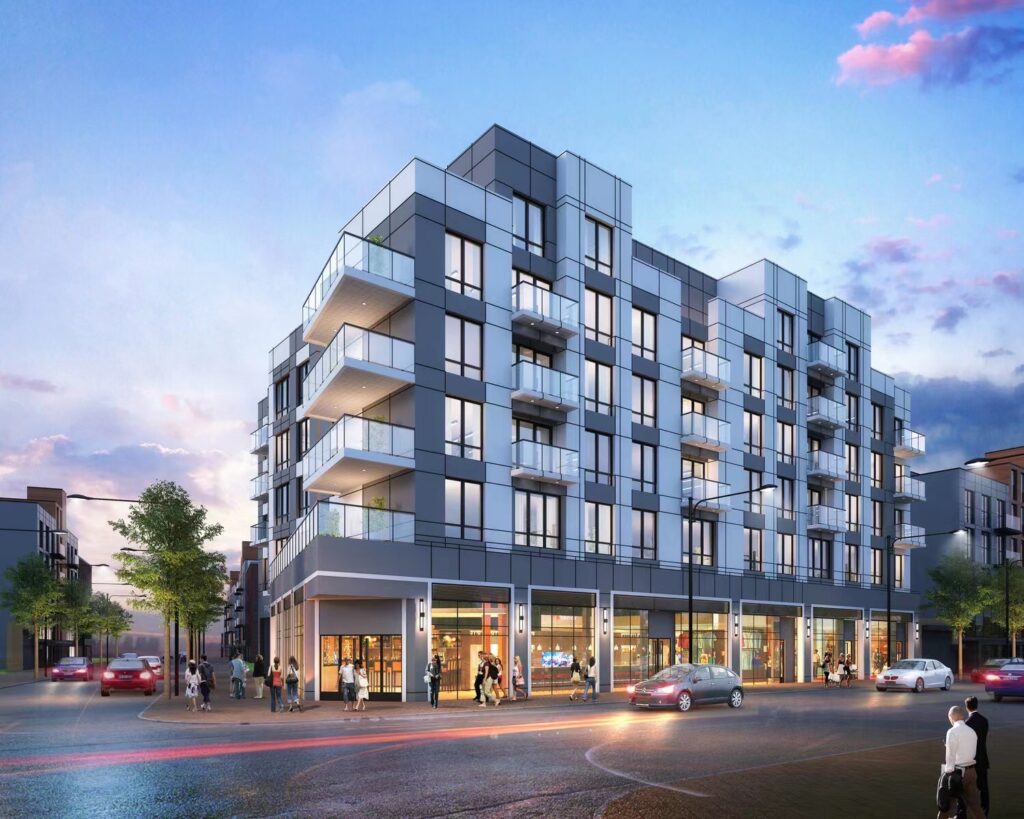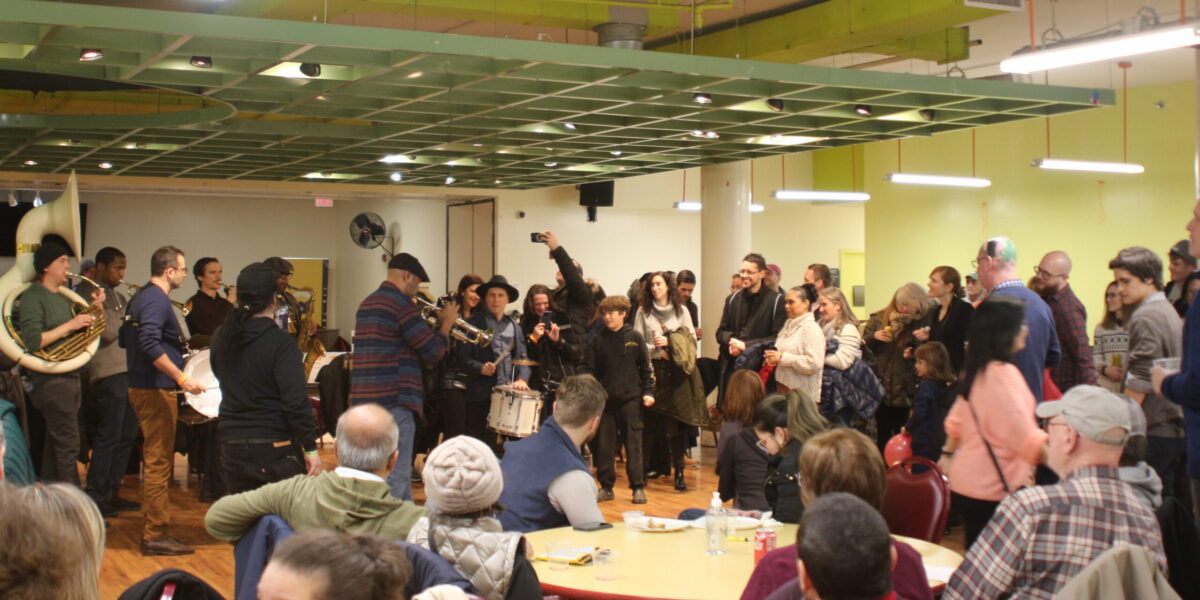By Celia Bernhardt | cbernhardt@queensledger.com
A month after the devastating Sunnyside fire, hundreds of community members attended a fundraising event hosted by Sunnyside Community Services.
Patrons filled SCS’s atrium on Friday night, enjoying drinks and hot food from local vendors, a raffle, and a New Orleans-style jazz band that got the crowd up and dancing.
“Everything’s donated—the band you hear playing, no one’s being paid,” SCS Executive Director Judy Zangwill said.
Councilmember Julie Won, whose office has organized an ongoing volunteer effort to assist residents in moving their belongings from their units, was among those in attendance.
“The event is called ‘Sunnyside Strong,’ and it’s a testament of that. It’s an illustration of how strong our community is,” Won said above the roar of the jazz band. “Even though we raised more than $100,000, we’re going to continue to go and raise even more for those families.”
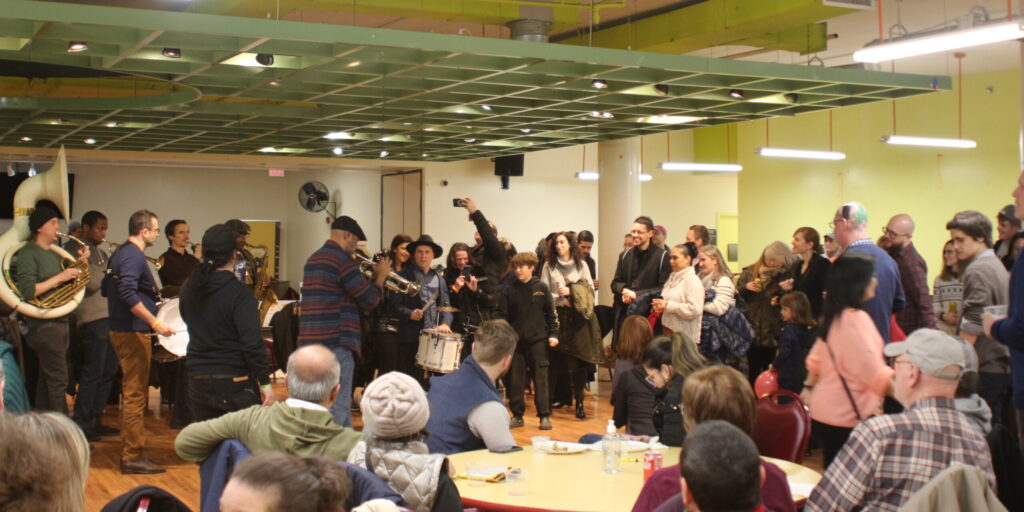
Credit: Celia Bernhardt
On Dec. 20, hundreds of residents were displaced from a 104-unit building in the neighborhood after a blaze broke out on the top floor due to a contractor incorrectly using a blow torch. The building was left uninhabitable, with severe structural damage. In the immediate aftermath of the fire, Sunnysiders donated hundreds of bags of clothing; meanwhile, Sunnyside Community Services launched a GoFundMe for residents, which had garnered about $140,000 just prior to Friday’s event.
Local residents and activists Ty Sullivan and Ska Ska Morales brainstormed the “Sunnyside Strong” evening fundraiser to add to that financial pool. By the end of the night, the event had grossed $10,024.
It’s not the first time the pair has helped produce a fundraising event in the building—they did the same in the aftermath of a massive fire that burned through six storefronts on Queens Boulevard in 2018. Sullivan reflected on the process of getting the word out about an event like these. “[It’s] networking, just calling up everybody. Going on Facebook, finding out who you’re still friends with,” he said.
Sullivan noted that the immediacy of digital fundraising has made a significant difference in how disaster fundraising pans out, explaining that the largest bulk of donations might have already been made weeks earlier.
“Something like this, years ago, would have been the be all and end all for fundraising. This is where most of the money would generate from. But now everything’s changed with GoFundMe and all that. It was interesting, because ticket sales were not what we expected them to be right off the bat. Looks like we’re doing okay, and we’ll do well with walk-ins, I think, tonight, but the dynamic has very much changed.”
Neighborhood residents were quick to rally around displaced residents after the fire.
Johanna Carmona—a lifelong Sunnyside resident and local activist, as well a candidate for the 37th Assembly District—took a moment away from the action to recall the urgency she felt during and after the fire. At first, she said, she joined her father in giving out water and masks to people on the scene.
“Then I bumped into Ty [Sullivan]. We knew someone from the building who was a mutual friend, and we’re like, ‘What are we going to do?’ And it was just—set it up and get it moving. It was quick.”
Carmona helped coordinate a grassroots effort to collect, clean, and donate hundreds of pounds of clothing in the days that followed.
“Honestly, it comes down to how great this community is. Friday, it was just at the beginning, it was like my dad, myself, and another volunteer. And by the end of the day, we had a couple people come in. Saturday, [we had] probably over 100 volunteers.”
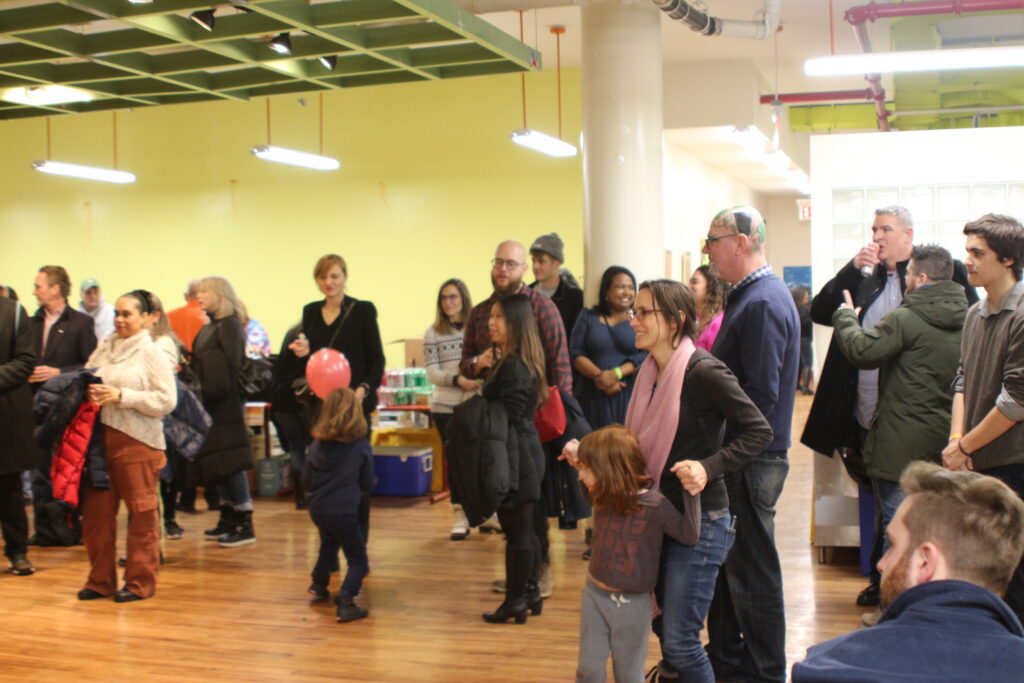
Credit: Celia Bernhardt
Carmona said that she sent out a mass of texts Thursday night to get the word out. Social media posts, email, and word-of-mouth also boosted the message.
“This is something that this neighborhood is notorious for,” Carmona said. “If something bad happens, we all kind of get together and go to someone’s aid. We always call it a small town in the big city—we all know each other somehow. There’s a connection somehow.”
Councilmember Won echoed the sentiment.
“The community is really really protective of each other. The community is really supportive of each other. First and foremost, everyone is family,” Won said.
Towards the end of the evening, the jazz band Lift Off Brass had migrated from the side into the middle of the room. Patrons young and old circled around the music, dancing and clapping to songs like “When the Saints Come Marching In” and “Feel Like Funkin’ It Up.”
Drummer Vin Scialla later said there was an “electrifying feeling to the room.”
“[We] came here just to play some music that might be uplifting and make people feel like they’re gonna be on the other side soon,” Scialla said. “Because I know it must be really tough.”
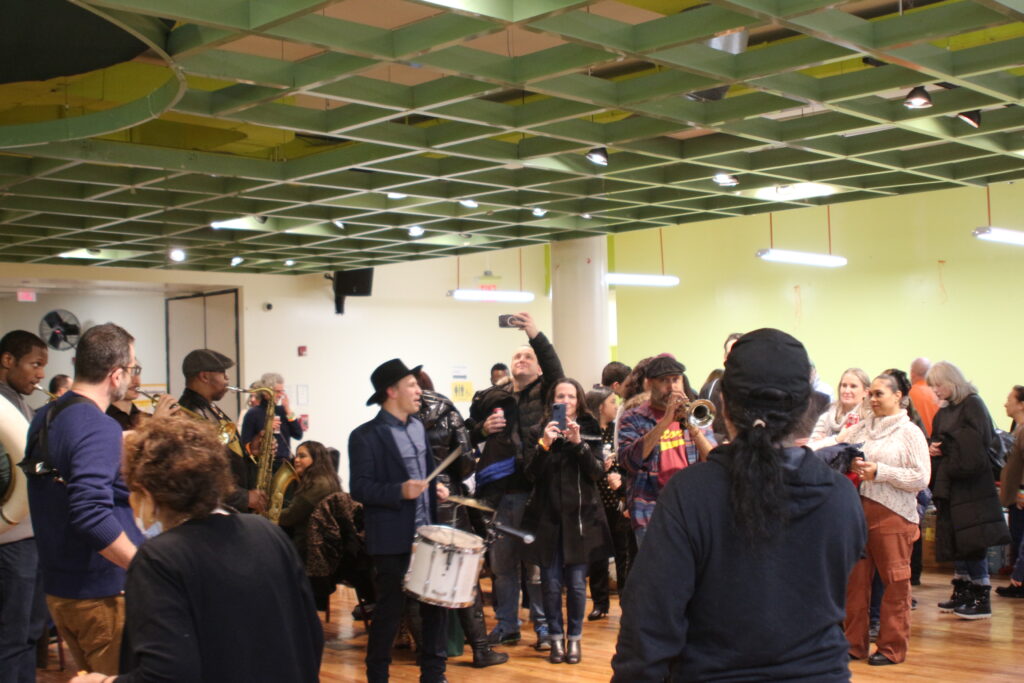
Liftoff Brass plays for the crowd. Other performers from the night included The Diddley Idols, FlynnDig, and Nate Dal Cais. Credit: Celia Bernhardt
The GoFundMe will ultimately close by the end of January, Zangwill said. She’s hoping to get the funds out as soon as possible to tenants after the details of how to distribute the money is finalized.
“We think we have a good list now of which apartments are occupied, which apartments are vacant, which apartments have subtenants. There were a few different factors,” Zangwill said.
Won said that she hopes the community will continue to donate through January and continue to rally in support beyond that.
“If you actually do the math, $100,000 to all of us individually sounds a lot. But when you have 104 units…it comes out to be like about $1,000 [per person]. And that’s not nearly enough to replace everything that’s fire damaged, water damaged. And we want to do more.”
Won added that the mental and emotional toll of the fire should be considered when thinking about funds as well.
“A lot of the families, when I talk to them, they talk about how it’s not just a matter of losing physical items but it’s a grieving process of losing your home,” Won said. “A lot of these families have lived there for 30 years…[A tenant] was saying, ‘My grandmother was the first to move here, she raised my mom here, I was raised here, my kids were raised here.’ That’s four generations. She lived on one floor and her mom lived on another floor.”
Won said that full rehabilitation of the building would take, at the very minimum, six months. She also said that work is being done through the weekends, which she deemed encouraging.
Sullivan said it was important to remember the collective strength of the neighborhood.
“Communities always come together. No matter if it’s a good thing or a bad thing. We’re always there for each other 100% and this is just one of those communities.”
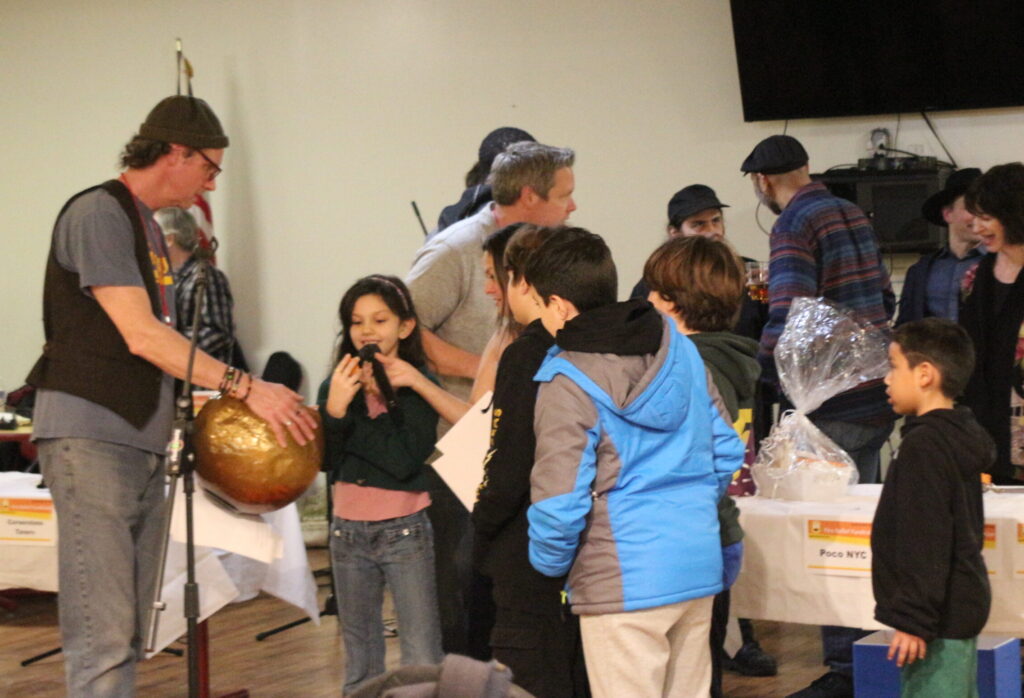
Ty Sullivan (left) and kids in attendance pull the raffle tickets. Credit: Celia Bernhardt

